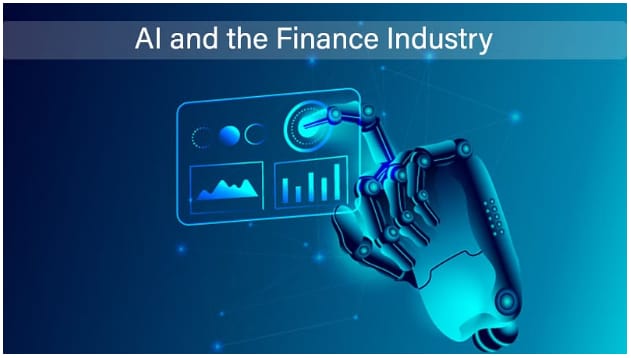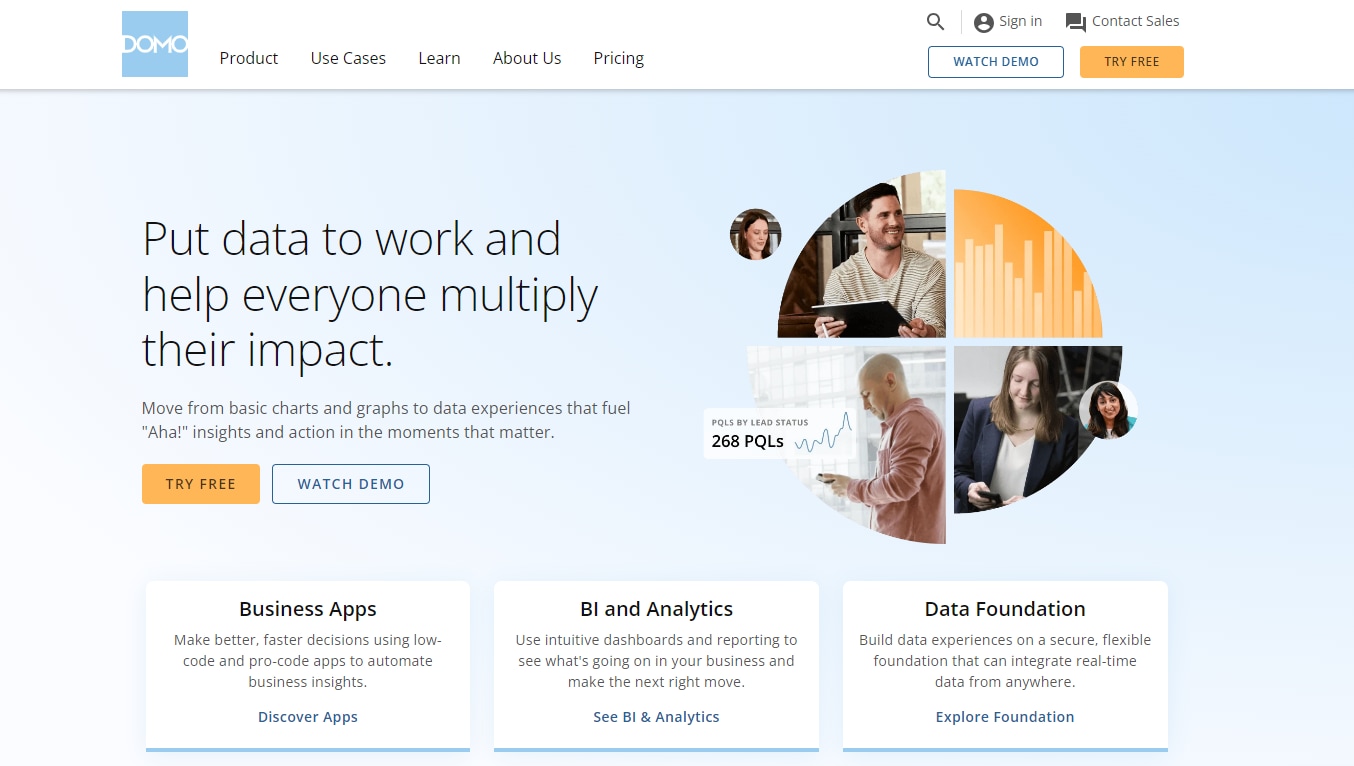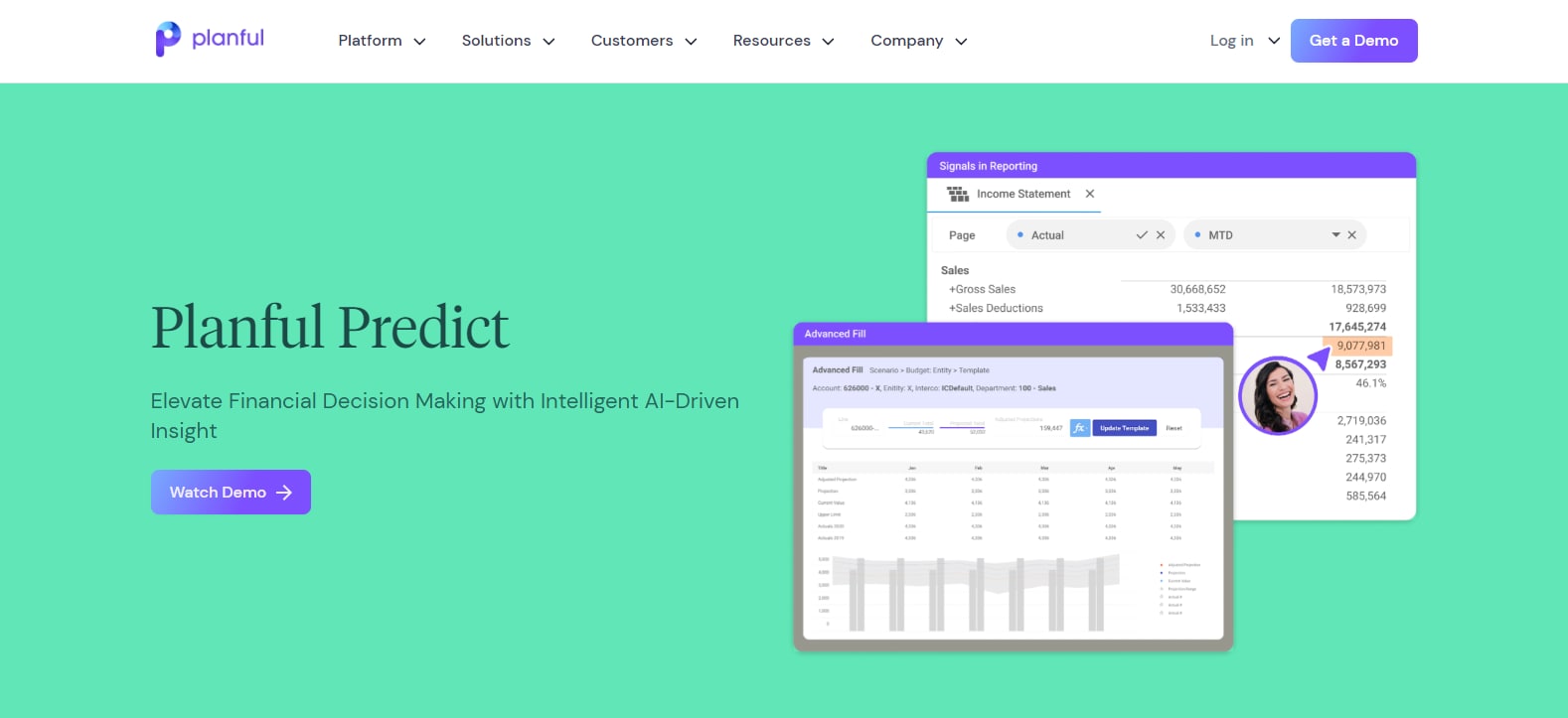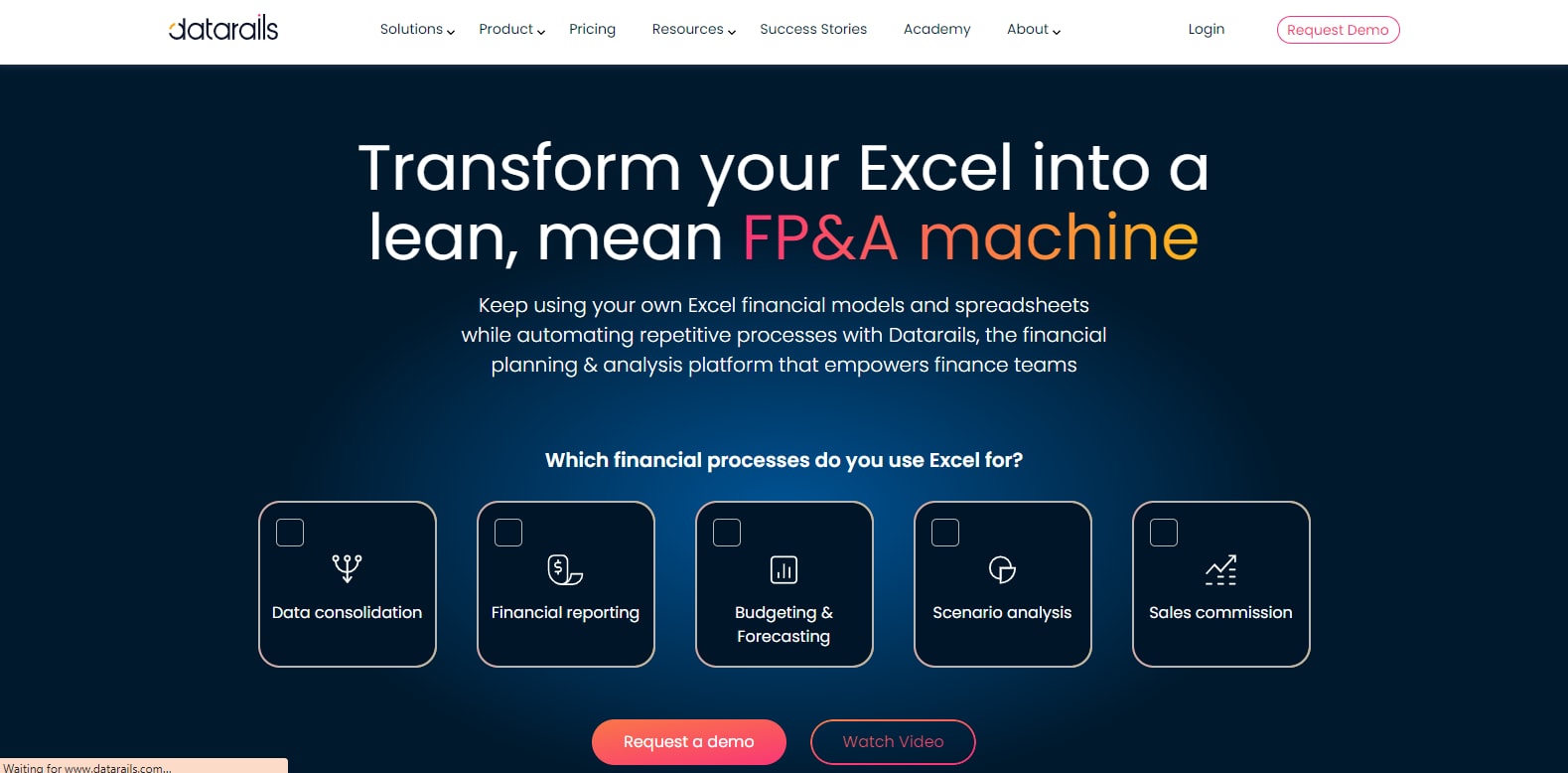
The use of AI in different domains has a significant impact on business operations and our daily life. The finance industry has also transformed massively with the implementation of AI. This guide presents a brief history of AI in finance and the leading benefits of introducing this technology. In addition, the 4 best AI tools for finance and the future of Artificial Intelligence in this industry are also part of today’s discussion.
History of Artificial Intelligence in the Finance Industry
In the last few years, Artificial Intelligence has been proven a game changer for the finance industry, just like it has done for a range of other industries, including but not limited to healthcare, engineering, food, hospitality, and the list goes on.
In the beginning, AI was just considered an automation tool for doing simple jobs, but now, it is being used to perform a variety of complex tasks, like sophisticated data interpretation, predictive analysis, and more.
Nowadays, the world’s leading institutions have adopted the AI model to maintain smooth business operations. Currently, the big names in the finance industry, like Bank of America, Wells Fargo, and JPMorgan Chase, are benefiting from this one-of-its-kind technology.
The 5 Leading Benefits of AI in Finance
As stated earlier, AI has started doing amazing wonders for the finance sector across the world. Let’s explore the top benefits this technology offers for this industry.
1. Enhanced Fraud Detection
Though there are a couple of traditional methods for analyzing data and detecting fraud manually to some extent, they can never perform better than AI. With AI-powered finance tools, you can not only handle huge amounts of complex data but also detect any sort of fraudulent activity within minutes. This is how leading organizations have streamlined their business operations.
When it comes to detecting fraud, AI uses a range of algorithms to do repetitive jobs without making a single mistake. It clearly shows that the use of AI tools for finance is much better than trying traditional, manual methods. AI technology has proved to be an unmatchable tool for financial institutions and banks because they both have to process heavy data on a regular basis.
2. Investment Automation
Some organizations have gone the extra mile to get the maximum out of AI technology to automate their business process. ING - a Netherlands-based firm - has developed AI-powered systems to get assistance in research for investment banking. At the same time, UBS - a Switzerland-based firm - has also developed similar systems to make better investment decisions.
Both firms have contributed a lot to automating the investment process. The AI-powered tools they have developed look for untapped investment opportunities in the market and tell the trading systems about them. With better discovery and modeling, AI-based finance systems explore more opportunities than humans can.
Similarly, many companies that provide financial services offer robo-advisers to assist their clients in portfolio management. These robo-advisers use customer-specific models, chatbots, and personalization to help your customers make better investment decisions.
3. Enhanced Regulatory Compliance
Federal governments use their regulatory authority to ensure that no customer is committing a financial crime and no banks are experiencing high-scale defaults. Every bank has to follow some standards to ensure that no one is performing an illegal activity. This is where AI plays its part.
The use of AI tools for finance helps financial institutions to keep an eye on transactions, thereby monitoring the behavior of customers and making sure that they follow the regulations. As a result, the overall risk gets reduced dramatically.
4. Less Operational Costs
Though the banking industry mostly uses automated systems, some tasks can’t be made autonomous and need human help. Due to human error, banks can face huge risks and operational budgets. You can not automate these tasks, but you can couple them with AI-assisted tools to get better outcomes.
5. Automated Customer Experience
Chatbots have handled this department very well. The 24/7 availability of chatbots keeps your customers engaged and provides them with the information they are looking for. So, you don’t have to worry about visiting banks on holidays.
Compared to customer support staff, a well-documented chatbot can perform much better. Though this technology is new, its incorporation into financial services can help you maintain banking standards with little or without human intervention.
The 4 Best AI Tools for Finance
If you are looking for trusted AI tools for finance, look no further. Below is a list of the four dependable finance tools you would love to try. Let’s look at the potential of every utility listed below.
1. Domo
This tool was introduced in 2010. It was considered an unmatchable utility for data integration and analysis. The best thing associated with Domo is that it integrates data from different sources and combines it into a single dashboard for better use. This feature has helped thousands of business owners make worthy decisions.
This tool uses pre-code or low-code applications for automating business insights and providing users with complete control over their data through the dashboard. With Domo, you can extract data from thousands of finance tools, including but not limited to Workday, Salesforce, and MS Excel.
Domo does not generate data; rather, it connects it. Though this tool has been doing wonders in the AI domain, many job holders are worried about being replaced by this finance tool.

Price: $0 (free trial), and the price varies depending on the amount of data you want to analyze or integrate.
2. Rebank
Being an advanced legal and financial database, this software is known for categorizing different transactions based on currency and country. When it comes to international transactions, Rebank assists you in taxing and finance. It makes sure that set standards are being followed strictly.
Moreover, this tool not only helps you sort transactions but also allows you to perform cross-border transitions safely. This is why hundreds of companies have started benefiting from this AI-powered finance tool. It does not matter whether you want to transfer inventory, cash, or other similar things; Rebank will be your trusted partner, as it generates essential papers, like tax documents, loan agreements, and more.

Price: It comes with a free trial and custom pricing for organizations.
3. Planful Predict
It is considered among the best AI tools for finance. Planful Predict is mostly used for high-level tasks, which is why CEOs and CFOs usually buy this tool for AI-powered assistance in finance matters. It makes complex reporting easier and assists you in making quick and precise decisions.
If you want to focus on the weak spots in the finance of your company, there is nothing better than using Planful Predict. AI-assisted data analysis and finance technology incorporated into this tool always help you take corrective actions.

Price: Planful’s platform comes with this tool. The official website of this tool has not mentioned any paid plan. However, you can get customized quotes.
4. Datarails
It is another leading AI tool for finance designed to automate your manual work. Looking at the AI-powered features of FP&A Genius, Datarails has made the level of its automation reach new heights. This software has the ability to provide answers to scenario questions and a range of “what if” queries.
Datarails remains connected to real-time data and always makes sure that the decision is being made based on the precise pieces of information. Moreover, this finance tool connects all sources and finance integrations of your company into a single source.
Furthermore, the data from the chatbot of Datarails is 100% secure and trusted, unlike many other AI-assisted finance tools. It helps you create straightforward and easy-to-understand visuals to present in front of the management and high authorities. You don’t need to create them in MS PowerPoint or any other similar tool.

Price: Datarails offers custom prices that vary depending on your needs.
The Future of Finance with AI
Well, predicting what exactly is going to happen is something impossible for now. However, we can make some calculated guesses based on the available data and information.
1. Ethical Considerations
As AI technology is being used frequently in not only finance but also in many other sectors, ethical considerations may become a challenge in the future. Therefore, to avoid facing this challenge, regulatory authorities must create a set of guidelines to make sure that AI is used ethically and responsibly.
Moreover, these bodies should address all the issues associated with the use of AI in the finance sector. These issues may include a reduction in job openings, security, privacy, and transparent decision-making.
2. AI Integration with Blockchain
Merging AI technology with blockchain and other technologies can enhance the overall potential of both domains. The use of AI has the ability to make blockchain networks more powerful by automating complex decision-making and other processes. At the same time, blockchain has the potential to add an extra security layer to AI-powered tools, which minimizes data tampering risks.
In addition to combining AI and blockchain, the introduction of AI into other domains, like 5G and IoT, can go the extra mile to increase the customer experience, security, efficiency, and productivity of the finance industry.
3. AI-Powered Predictive Analysis
Though AI technology has been used for a while for predictive analysis tasks, the future holds bigger promises in this domain. AI predictive capabilities are expected to improve greatly, data sets are becoming larger and larger, and machine learning models are being made more sophisticated.
The advancements in this sector will surely help you in better forecasting accurate market trends and effective risk management. Moreover, it will also lend you a helping hand in making customized products for customers. The finance sector is expected to benefit a lot from this development.
4. Financial Planning with AI
In the future, you can make better decisions for your business with the use of AI, as it helps you analyze your income streams, expenditure, investment opportunities, and savings. At the same time, it will also assist you in providing worthy pieces of advice.
It is expected to revolutionize how we deal with financial planning and managing finances. It will make financial planning effective, understandable, and more accessible at the same time.
Final Words
AI has been doing magic for the finance world for the last few years, like thousands of other sectors. This technology not only helps individuals improve their financial matters but also assists businesses in making better financial decisions. A number of AI tools for finance have been introduced in the market, but shortlisting a credible one is a tricky job.
If you are in search of trusted AI-powered finance utilities, read the above discussion, as it has presented four similar tools to benefit from. As far as the future of AI in the finance industry is concerned, it seems pretty bright. Let’s wait for the time to see what exactly is going to happen.
